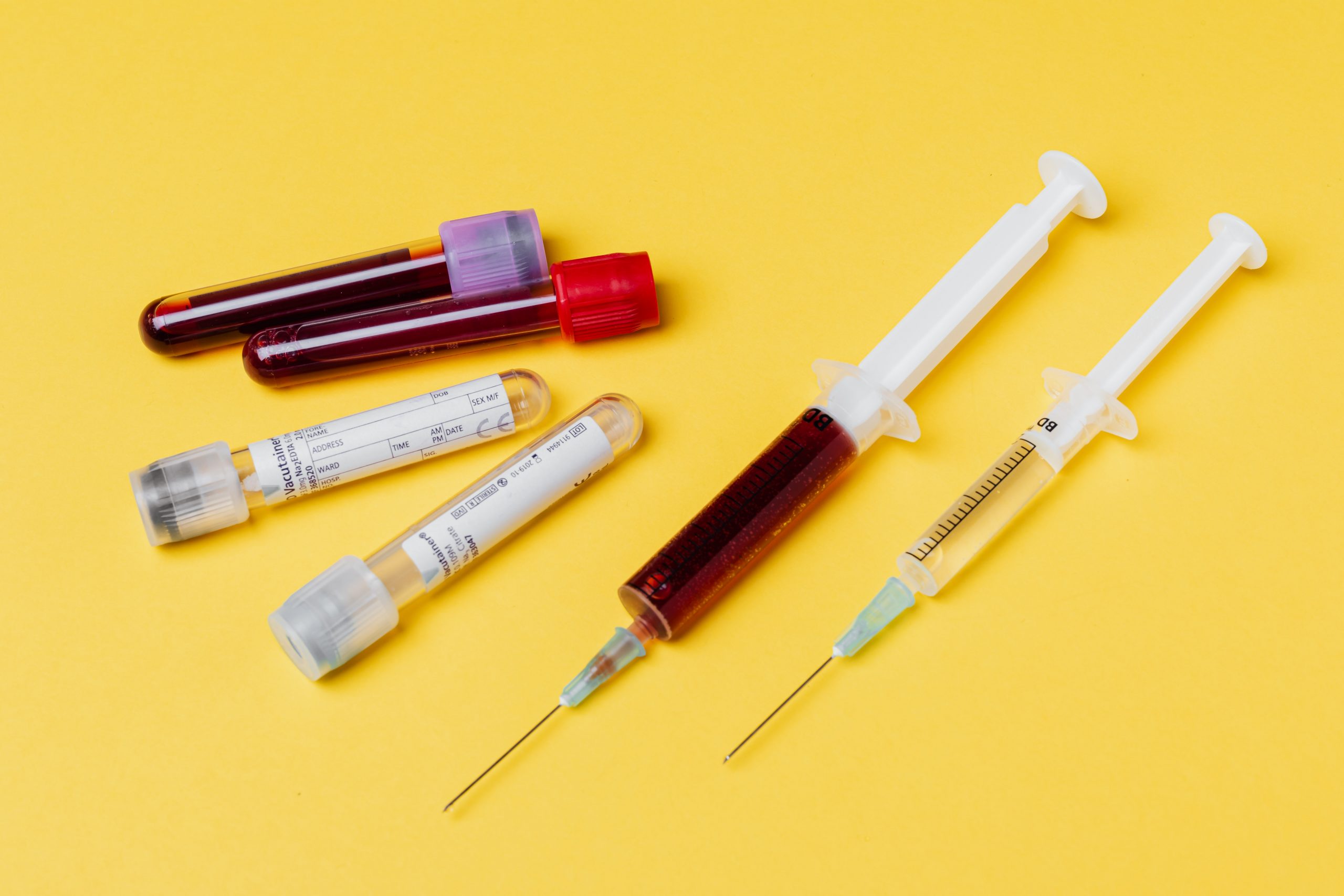
AstraZeneca Plc gets a $486 million deal from the US government. The company will supply up to 100,000 doses of Covid-19 antibody treatment.
The deal was awarded under President Donald Trump's Operation Warp Speed. Under the agreement, AstraZeneca will produce a monoclonal antibody cocktail that can stop Covid-19, particularly in high-risk populations like those over 80 years old, according to the US Department of Health and Human Services said.
According to AstraZeneca, it aims to distribute around 100,000 doses starting toward the end of the year. With this, the US government could get an additional one million doses in 2021 under a separate deal.
The drugmaker will conduct two studies to assess the treatment, AZD7442, which is a cocktail of two monoclonal antibodies.
Their trial will determine the safety and efficacy of the antibody treatment to stop infection for up to 12 months in about 5,000 participants. The other trial will study post-exposure preventative and pre-emptive treatment in around 1,100 participants.
Late-stage trial
In September, US Health and Human Services Secretary Alex Azar said the company's late-stage trial of coronavirus vaccine is still on hold.
He said that federal investigators are still looking for “answers to important questions” regarding the safety of patients.
“Look at the AstraZeneca program, phase three clinical trial, a lot of hope. Single serious adverse event report in the United Kingdom, global shutdown and hold of the clinical trials,” Azar said during his interview on CNBC’s “Squawk Box.”
“Still on hold here in the United States as the (U.S. Food and Drug Administration) seeks answers to important questions to verify safety information around those vaccines. Plan is by the book, we’re keeping patient safety at the center of everything we do,” he said.
AstraZeneca spokeswoman Michele Meixell confirmed that the AstraZeneca late-stage trial of coronavirus vaccine is still on hold.
“Regulators in each individual country determine when trials can start and they do this in their own time frame,” she told CNBC in a statement. “On the current U.S. trial status specifically, we are continuing to work with the FDA to facilitate review of the information and the agency will decide when the U.S. trial can resume.”
Suspension of clinical trials
Earlier in September, AstraZeneca CEO Pascal Soriot said that the results of the clinical trials for their experimental coronavirus vaccine may come out before the year ends. However, this is possible if AstraZeneca is allowed to resume trials.
The drugmaker decided to pause the late-stage trials after an illness in a study subject in Britain was found. The patient was manifesting neurological symptoms associated with a rare spinal inflammatory disorder called transverse myelitis.
The decision of AstraZeneca to halt the trials of its coronavirus vaccine following an unexplained illness in one of the participants is a standard precaution in vaccine trials made to ensure that experimental vaccines do not cause serious reactions among participants.
The AstraZeneca CEO said that suspending a trial is common, and the only difference is that the world was watching.
Soriot pointed out that the company did not know the diagnosis for the volunteer in the trial. There was no certainty if they had transverse myelitis and more tests were necessary.
He added the diagnosis would be sent to an independent safety committee and this would typically then tell the company whether trials can take place again.






